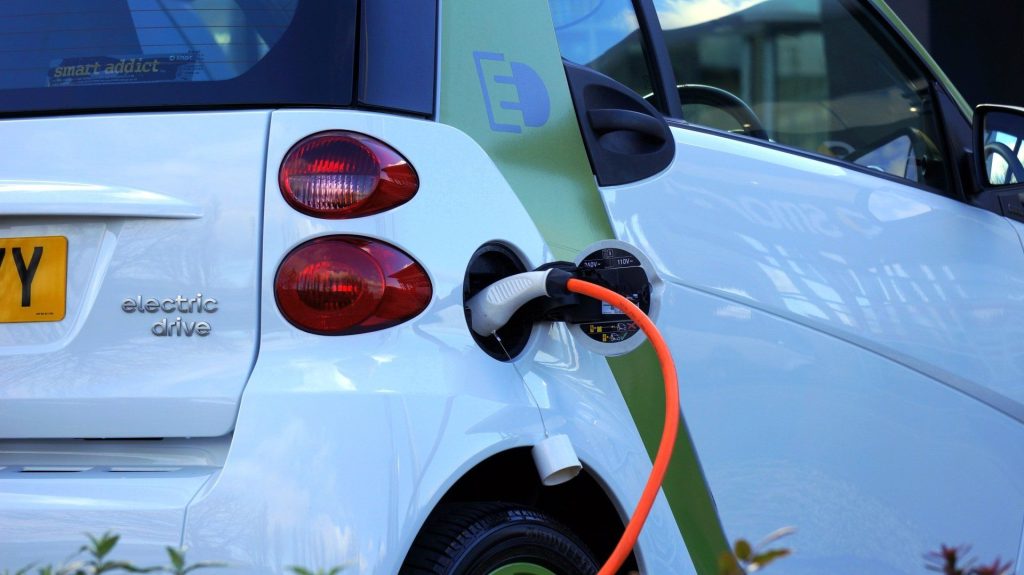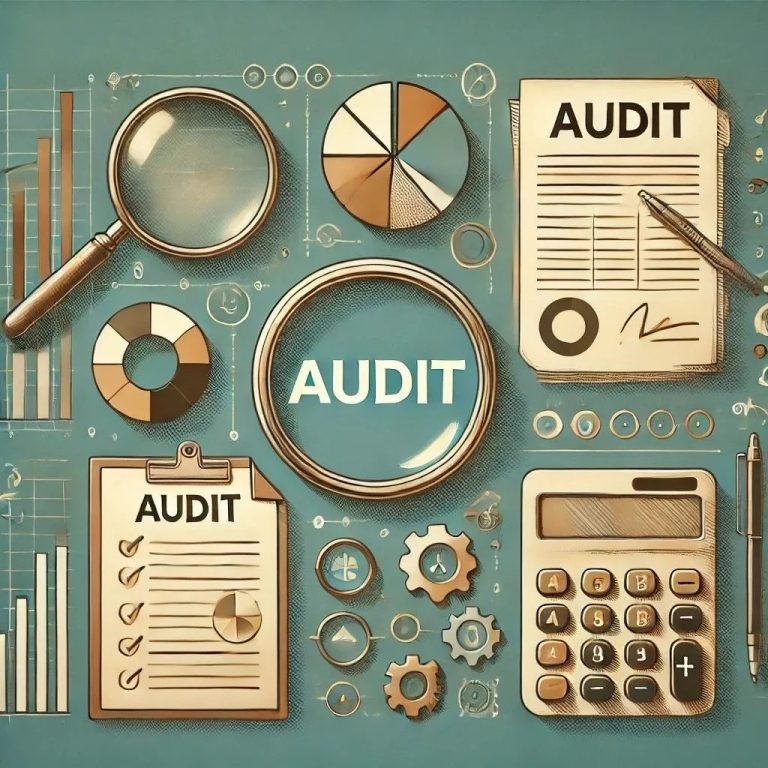New Electric Vehicle and Other Energy Credits
Tax incentives for purchasing clean (electric) vehicles and installing high efficiency home improvements are some of the featured provisions in the recently-passed Inflation Reduction Act (IRA).

Here’s a closer look at some of the bill’s tax provisions regarding the new incentives.
Clean Vehicle Credit (formerly Plug-In Electric Vehicle Credit)
Here is a summary of the details surrounding the new Clean Vehicle Credit:
- The tax credit of up to $7,500 for electric vehicles (EVs) is extended for 10 years until December 2032.
- Starting in 2023, used cars now qualify for up to a $4,000 tax credit.
- Starting in 2024, you can take the credit as a discount at the time you purchase the vehicle instead of waiting to file your tax return.
- In the past, if a manufacturer had produced at least 200,000 EVs, you could no longer qualify for the tax credit if purchasing a vehicle from that manufacturer. The new bill removes this 200,000 vehicle cap starting in 2023.
On the other hand, there are significantly more hurdles you’ll have to overcome to qualify for the new Clean Vehicle Credit:
MSRP hurdle
- New clean cars must have a manufacturer’s suggested retail price (MSRP) of no more than $55,000.
- New clean vans, pickup trucks, and SUVs must have an MSRP of no more than $80,000.
- Used clean vehicles must cost no more than $25,000.
Income hurdle
- For a new clean vehicle, your adjusted gross income must be less than $150,000 if single, $225,000 if head of household, or $300,000 if married.
- For a used clean vehicle, your adjusted gross income must be less than $75,000 if single, $112,500 if head of household, or $150,000 if married.
Domestic production hurdle
- The final assembly of a new clean vehicle must occur in North America as of August 16, 2022.
- Starting in 2023, at least 40% of critical battery minerals and 50% of battery components must be recycled, mined, or manufactured in the U.S.
- Many automakers are unsure whether they will be able to meet this criteria as the new law is currently written.
What you can do
- Wait until 2023 to buy Tesla and GM vehicles. Because Tesla and General Motors have both crossed the 200,000 electronic vehicle threshold, any Tesla or GM vehicle purchased in 2022 won’t qualify for the tax credit. Starting in 2023, certain Tesla and GM vehicles will once again qualify for the credit once the 200,000 limit is removed.
- Government to release further guidance. There are still many unanswered questions about how the new Clean Vehicle Credit will be implemented. The federal government plans to release further guidance by the end of the year that hopefully answers some of these questions.
Other Tax-Related Provisions
- Qualifying high efficiency home improvements now qualify for an annual $1,200 credit, up from a $500 maximum lifetime credit.
- Energy efficient heat pumps, heat pump water heaters, central air conditioners, wood stoves, and natural gas or oil furnaces or boilers qualify for a $2,000 credit.
What you can do
- Look for the details. Prior to purchasing new high efficient home improvements, double check how the new credit will apply to your purchase.
- Check with manufacturers. Most manufacturers are motivated to understand the new program and could be a good resource to see how they apply to your situation.
There will be more details on how to obtain these credits in the future.
So stay alert and check before making any purchase decisions if you are expecting to take any of these new energy saving credits.




